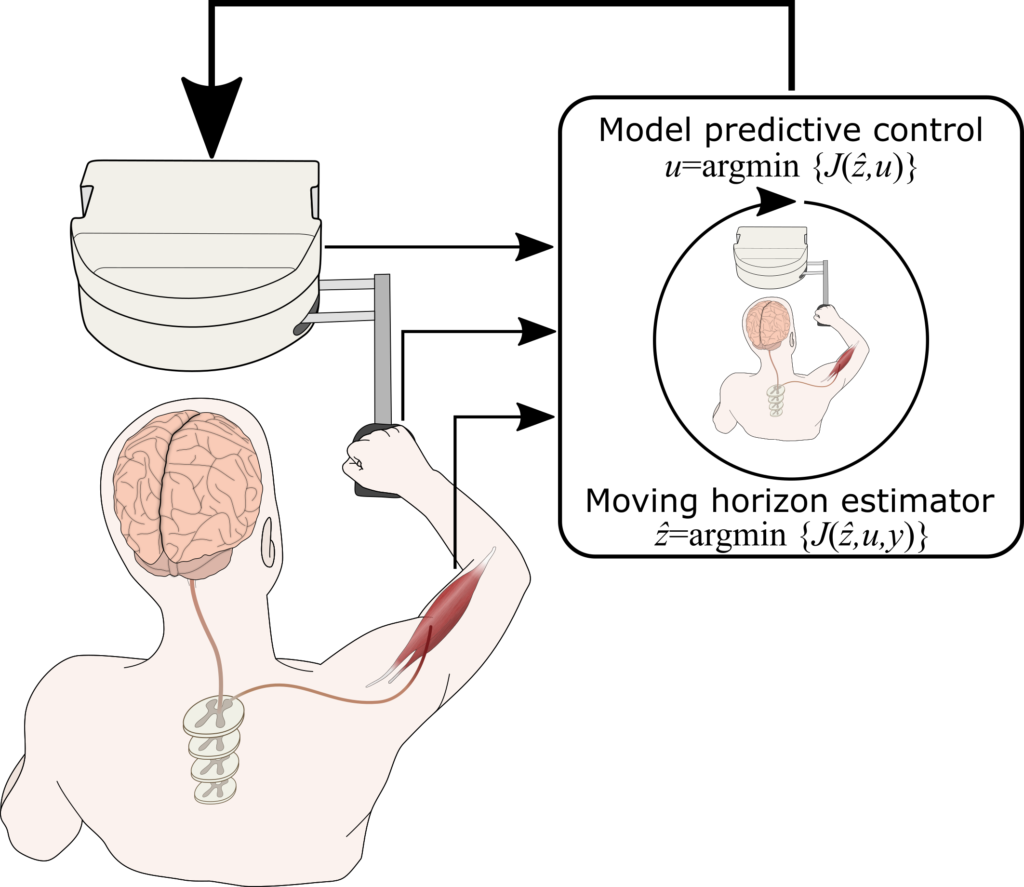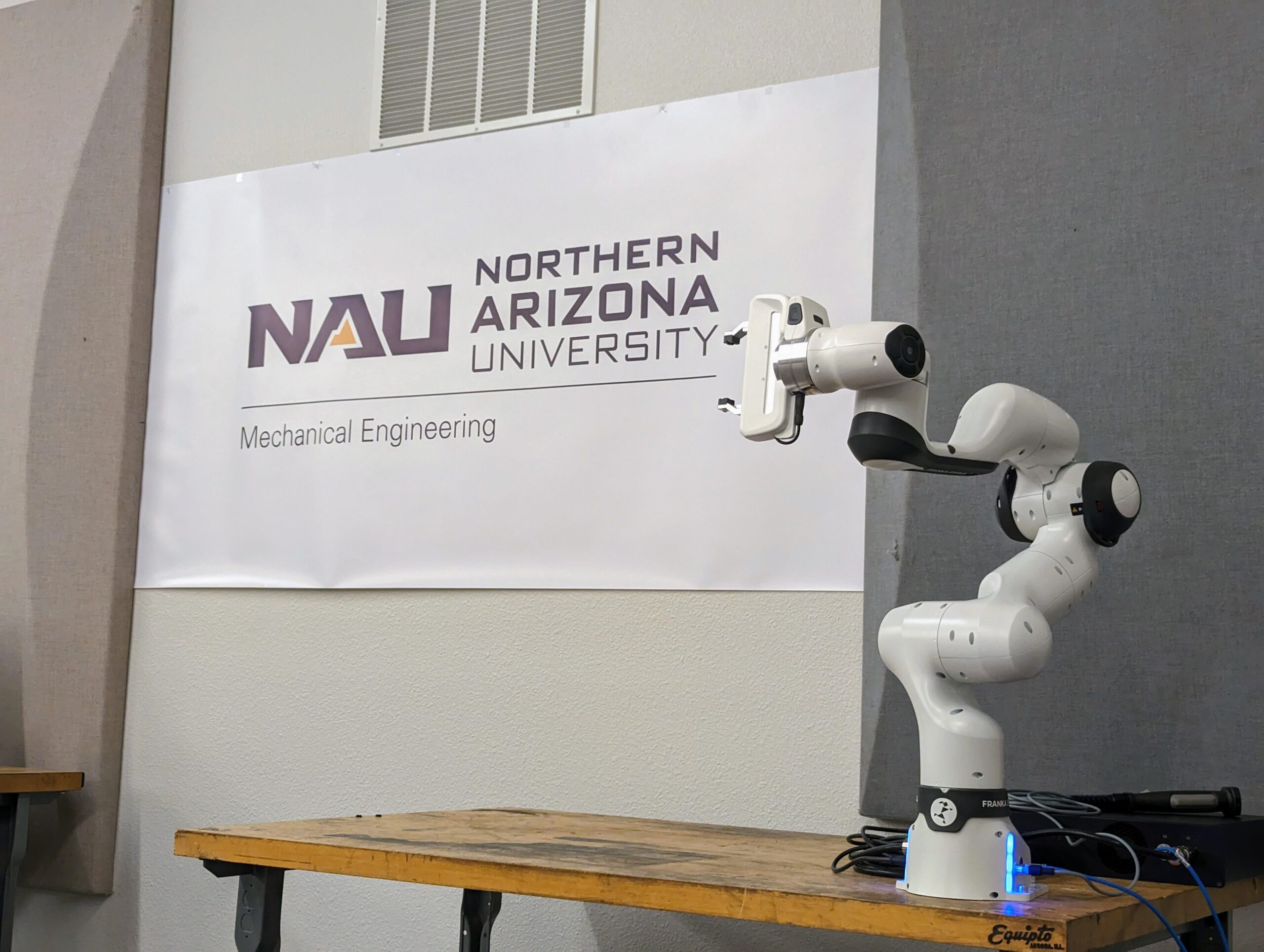About us
We are a highly interdisciplinary group that seeks to bridge the fields of robotics, neuroscience, and biomechanics. Our research in robotics and human movements are tightly intertwined. We take the latest theories in sensorimotor neuroscience and biomechanics to develop human-like controllers for robots. We also use theories from robotics and control to uncover human motor intelligence.

Current projects
Human-aware control of robots
Our robotic research is deeply informed by the latest findings in the fields of computational sensorimotor neuroscience and musculoskeletal biomechanics. We use mathematical models that represent the “human dynamics” in the control algorithms to build human-aware robotic systems.
Holistic modeling of human movements
Reciprocal to our robotic research, our work in human motor control is deeply informed by the latest theories in robotics and control. We seek to study the human sensorimotor control systems with a control-theoretic approach and represent the movement dynamics with mathematical formalism.
Precision robotic rehabilitation
Our work in rehabilitation engineering brings the robotic and human movement fields together to improve the quality of life after a stroke. We develop rehab robots that take advantage of the mathematical models of human movement to customize and optimize the exercises for the specific needs of an individual.
See the Research page to learn more.
Lab news
See the News page for all items.
Raz Lab has new social media pages!
Thanks to Jose for leading the efforts, we now have official pages for Raz Lab on Instagram and Linkedin! Make sure to follow us to get the latest updates about our research! Follow us on Instagram @razlab.nau Follow us on LinkedIn Raz Lab
Raz Lab Presented at the NAU STEM Poster Session
The students working on the HAMSTER robot presented a poster at the NAU STEM Poster Session as part of the Flagstaff Festival of Science.
Aeden received two awards!
May was a great month for Aeden. He received not one, but two awards from the College of Engineering, Informatics, and Applied Sciences. He first received the Professional Development Award and, a couple of weeks later, the Fred and Edith Ohlinger Scholarship! Way to go Aeden!
Braulio presented at UGRADS 2024
Braulio Gonzalez, our undergraduate researcher, presented his work at the NAU Undergraduate Symposium (UGRADS) in April 2024. Braulio is developing a low-cost handheld robot for at-home movement assessment and rehabilitation following a stroke. His work is partially supported by the Office of Undergraduate Research and Creative Activity at NAU. Good job, Braulio!
